A Guide for Responsible Shark & Ray Tourism
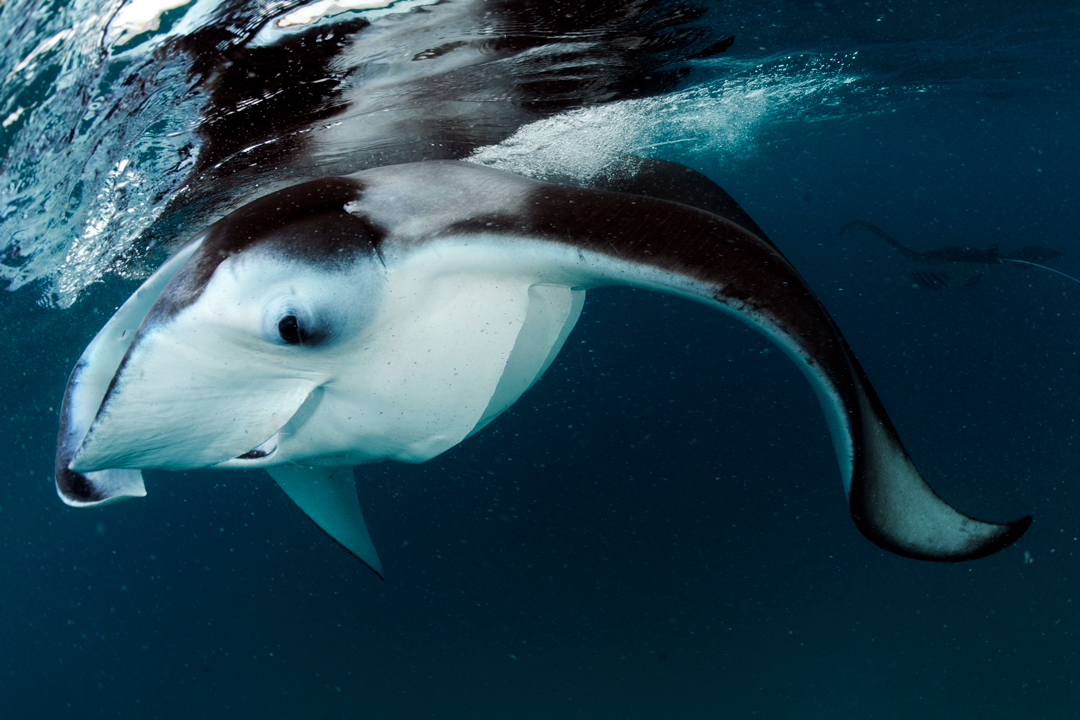
Reef Manta Ray at Hanifaru Bay, Baa Atoll, Maldives. Photo © Guy Stevens | Manta Trust
Across the globe, shark and ray tourism is increasing in popularity. Currently, around 400 well-established tourism operations focus on interacting with species of sharks and rays, and it is estimated that this number could more than double over the next twenty years, generating over 780 million USD in expenditures around the world. Few experiences can top diving or snorkeling with a manta or swimming with sharks in the wild. Shark and ray focused ecotourism has great potential as a conservation strategy; if properly designed and managed, it can provide alternative direct and indirect economic benefits to local economies.
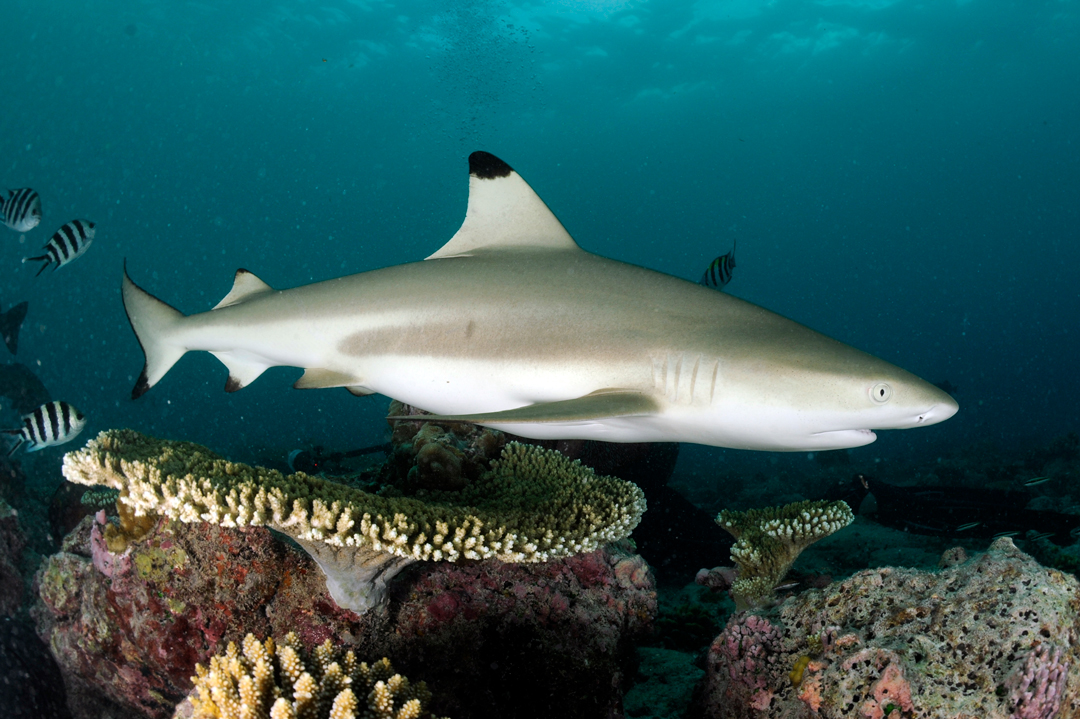
Blacktip Reef Shark at St Joseph Atoll, Amirates, Seychelles. Photo © Guy Stevens Manta Trust
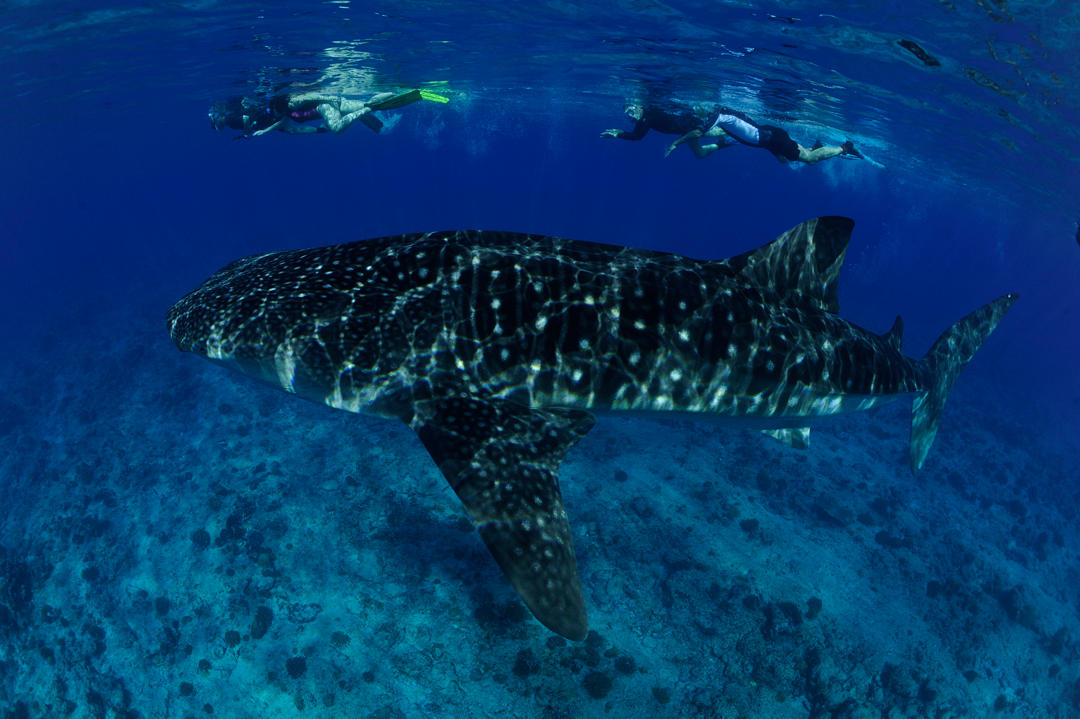
Whale Shark 2, at Maamigili Reef, Ari Atoll, Maldives. Photo © Guy Stevens, Manta Trust
However, it is important that interactions with sharks and rays are sustainable, that sites are established and operated in a manner that benefits sharks and rays, and local communities, while also inspiring awe, respect and a greater appreciation of the need to conserve these animals among tourists. At present, there is limited practical guidance available to provide information on aspects of best practice, and existing guidelines or code of conducts are rarely based on scientific research.
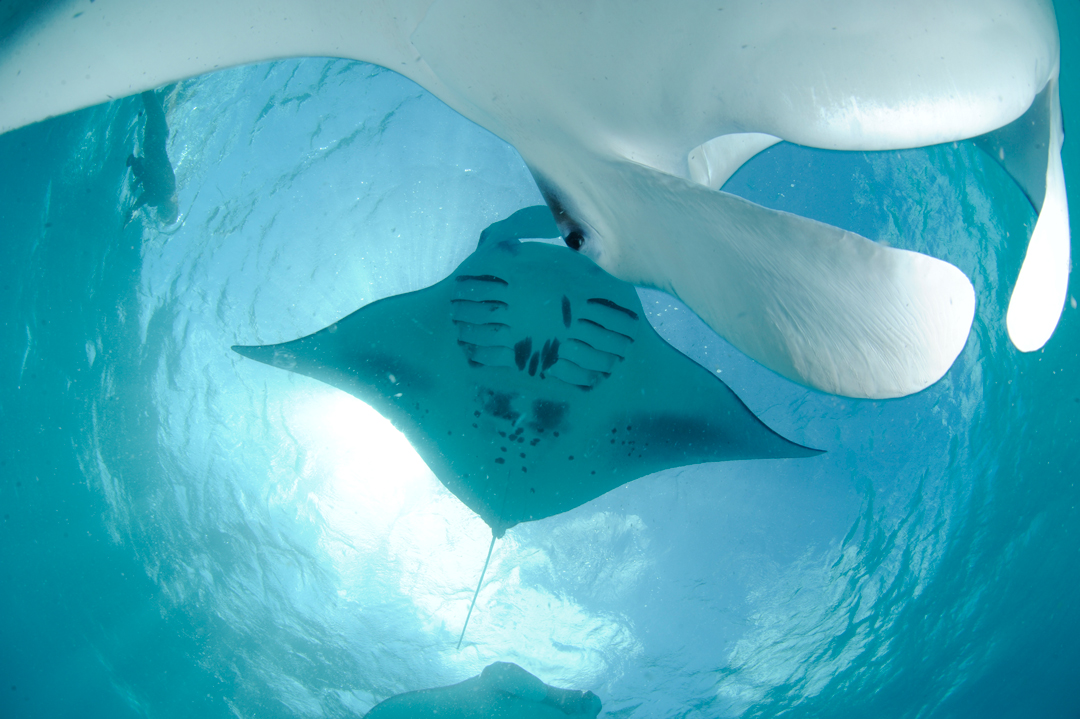
Reef Manta Ray, at Hanifaru Bay, Baa Atoll, Maldives. Photo © Guy Stevens Manta Trust
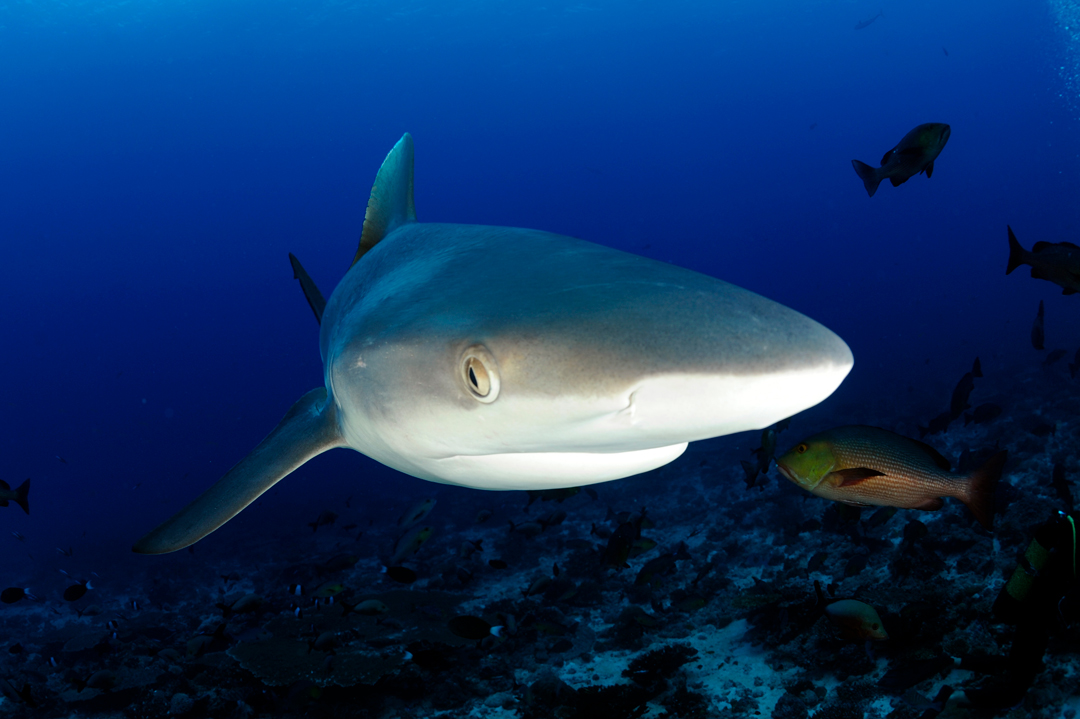
Grey Reef Shark at Amirates Bank, Seychelles. Photo © Guy Stevens Manta Trust
The Manta Trust, WWF and Project AWARE joined forces with a Technical Advisory Committee (scientists, researchers and academia) and Industry Advisory Group (dive operators and managers) to address this issue and produce Responsible Shark and Ray Tourism: A Guide to Best Practice. The Guide aims to provide practical, science-based guidance to help tourism operators, NGOs and local communities develop and maintain well managed tourism operations that help conserve shark and ray species, raise awareness for their protection, and benefit local communities.
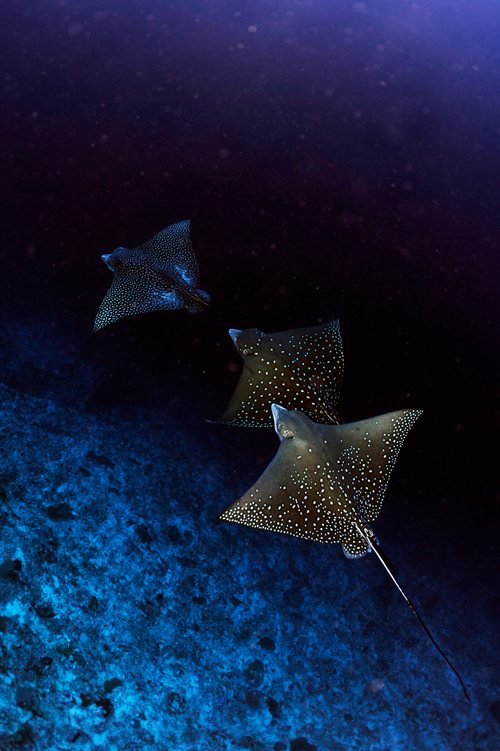
Spotted Eagle Ray at Rasdhoo Madivaru, Rasdu Atoll, Maldives. Photo © Guy Stevens Manta Trust
Through collaboration with a Technical Advisory Committee the Guide uses the best available science to help operators create specific guidelines appropriate to local circumstances (e.g. species and location specific). In addition, the Guide was also reviewed and consultation made with a dedicated Industry Advisory Group to help provide local perspectives and knowledge as well as in the field practical advice and information related directly to the industry.
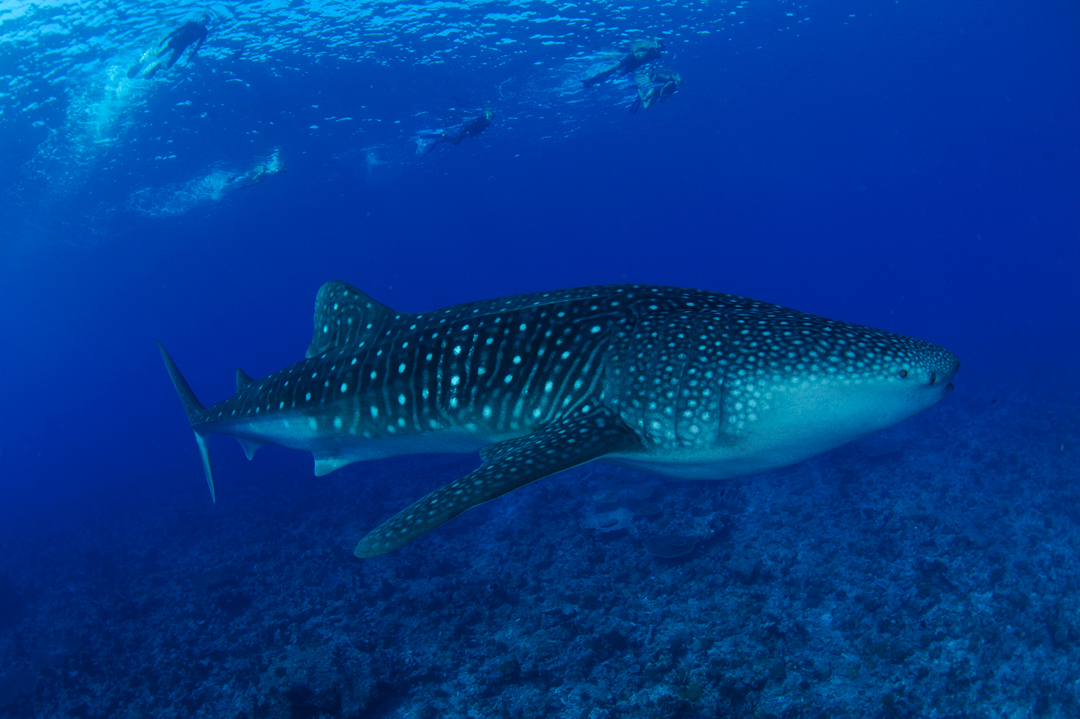
Whale shark and snorkellers. Photo © Guy Stevens | Manta Trust
The Guide is the first of its kind anywhere in the world that provides science-based, practical and comprehensive guidance to shark and ray tourism best practice. Operators now have access to the latest science based guidance and practical, hands on tools like performance scorecards and checklists. A full suite of free, downloadable tools is available here. By committing to the best practices outlined in the Guide, tourism operators and managers can help drive forward a positive future for sharks and rays.
